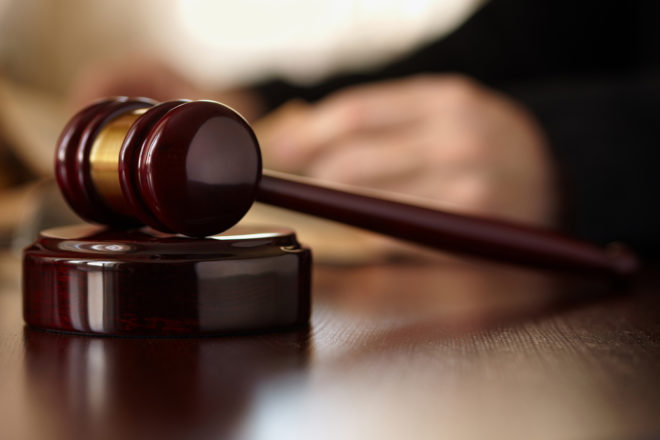Judicial Misconduct Exposed: Maine Judge Faces Renewed Legal Challenge in Workplace Harassment Suit

In a significant legal development, a federal appeals court has breathed new life into a lawsuit filed by a Maine substance abuse counselor, challenging the inappropriate conduct of a state judge. The First Circuit Court of Appeals has ruled that the judge cannot hide behind the protection of qualified immunity, allowing the counselor's sexual harassment claims to move forward.
The case centers around Samantha Pike, a dedicated professional who alleges that the judge exploited his position of power to engage in sexual harassment. The appeals court's decision marks a crucial turning point, rejecting the judge's attempt to shield himself from legal accountability.
By reinstating the lawsuit, the court has sent a clear message about the importance of professional conduct and the need to hold those in positions of authority responsible for their actions. The ruling not only provides Pike with an opportunity to seek justice but also serves as a potential deterrent against future misconduct in professional settings.
This case highlights the ongoing challenges faced by individuals who experience harassment in the workplace, particularly when the perpetrator holds a position of significant influence and authority.
